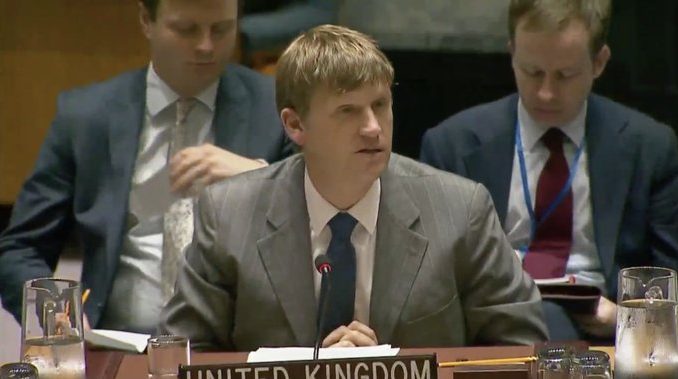
Last month the UK mission at the US tweeted a bizarre statement that there was a second half to Balfour that has never been fulfilled.
As noted then, this statement makes no sense. There were three clauses to the Balfour Declaration:
1. His Majesty’s Government view with favour the establishment in Palestine of a national home for the Jewish people
2. nothing shall be done which may prejudice the civil and religious rights of existing non-Jewish communities in Palestine
3. or the rights and political status enjoyed by Jews in any other country.
The tweet implied that a Palestinian state would be the fulfillment of the “second half” of Balfour, even though it only mentioned civil and religious rights – both of which are safeguarded under Israeli law.
Sir Simon McDonald, Permanent Under-Secretary at the Foreign and Commonwealth Office, spoke at a Balfour centenary event last week at the Portcullis House, Westminster where he expanded on this “second half of Balfour” – and his assertions are literally a fantasy.
He said, “If written after the Second World War, when the international community developed a rules-based international architecture, the Declaration would have included the political rights of self-determination of these communities too.”
McDonald is saying that the “other half of Balfour” is a clause that was never written – but would have been, supposedly, had Balfour written them in 1947.
Official British policy is that Israel is obligated to create a Palestinian state dedicated to its destruction because the British Government has given itself the ability to insist on using alternative history fiction as a diplomatic instrument.
This is bizarre on so many levels that one doesn’t know where to begin. And to add insult to injury, McDonald spoke “as a historian.”
McDonald also engages in his own bit of revisionist history when he describes the Peel Commission as an attempt to fulfill this fictional part of Balfour: “A two-state solution was first proposed by the Peel Commission in 1937 in an attempt to make a reality of both elements of the Balfour Declaration,” he asserted.
But the Peel Commission report does not pretend to be a fulfillment of Balfour. On the contrary, it attempts to abrogate Balfour. First it says that Balfour’s assumptions (included in the Mandate) on how things would play out were wrong:
The association of the policy of the Balfour Declaration with the Mandate System implied the belief that Arab hostility to the former would presently be overcome, owing to the economic advantages which Jewish immigration was expected to bring to Palestine as a whole.
The entire idea of partition is antithetical to Balfour who anticipated the Jewish National Home on all of Palestine. Peel attempted to change the rules.
Later on, in discussing holy places as a separate territory, Peel explicitly abrogates Balfour:
Guarantees as to the rights of the Holy Places and free access thereto (as provided in Article 13 of the existing Mandate), as to transit across the mandated area, and as to non-discrimination in fiscal, economic and other matters should be maintained in accordance with the principles of the Mandate System. But the policy of the Balfour Declaration would not apply; and no question would arise of balancing Arab against Jewish claims or vice versa. All the inhabitants of the territory would stand on an equal footing. The only official language” would be that of the Mandatory Administration. Good and just government without regard for sectional interests would be its basic principle.
Balfour implies the the Jewish national home would administer the holy places and allow full access (as Israel does today.) Peel wrests that right away.
Finally, it remains fascinating that during this month of non-stop Balfour coverage, so little has been written about the third clause that was supposed to ensure that Jews in other countries would be treated well even with a Jewish national home in historic Israel. The Arabs – including the Arabs of Jordan, who were under British influence – certainly didn’t adhere to this clause, and Great Britain did not do anything to enforce that among its Arab friends.
We have lots of ideas, but we need more resources to be even more effective. Please donate today to help get the message out and to help defend Israel.

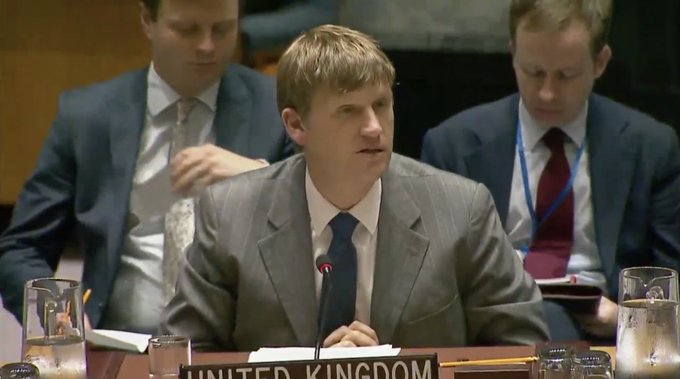
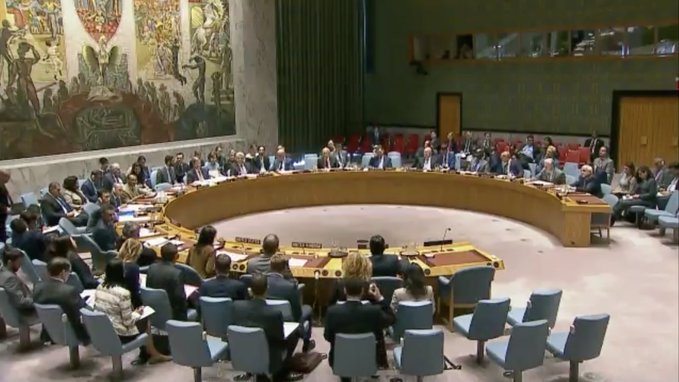
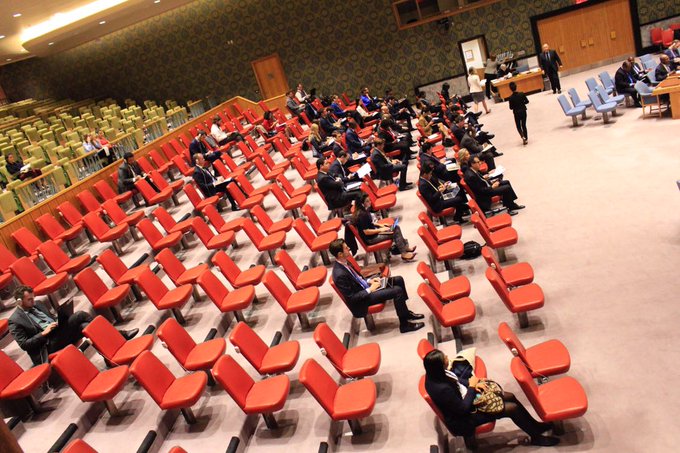
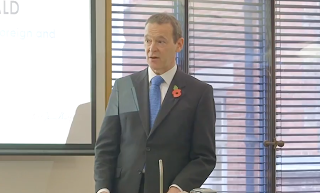
Leave a Reply